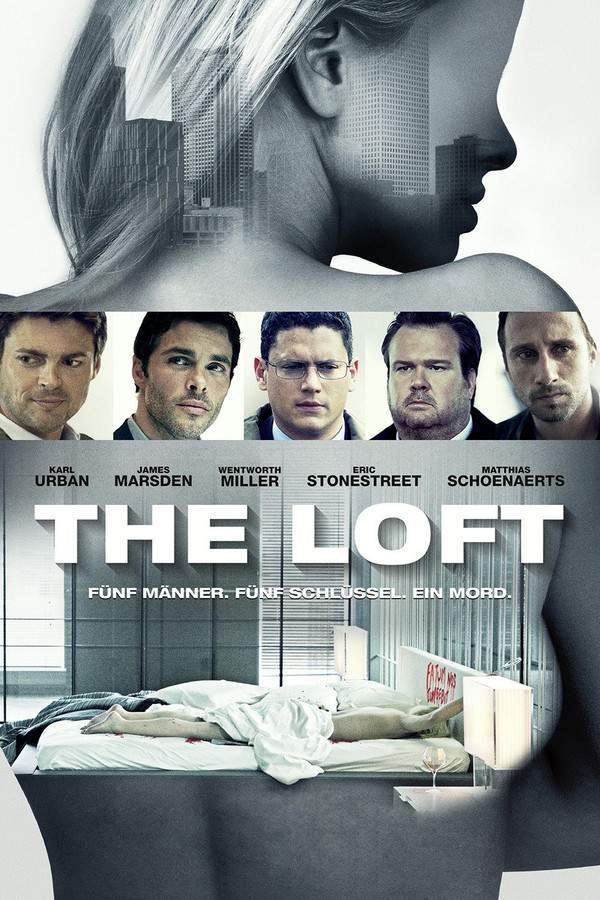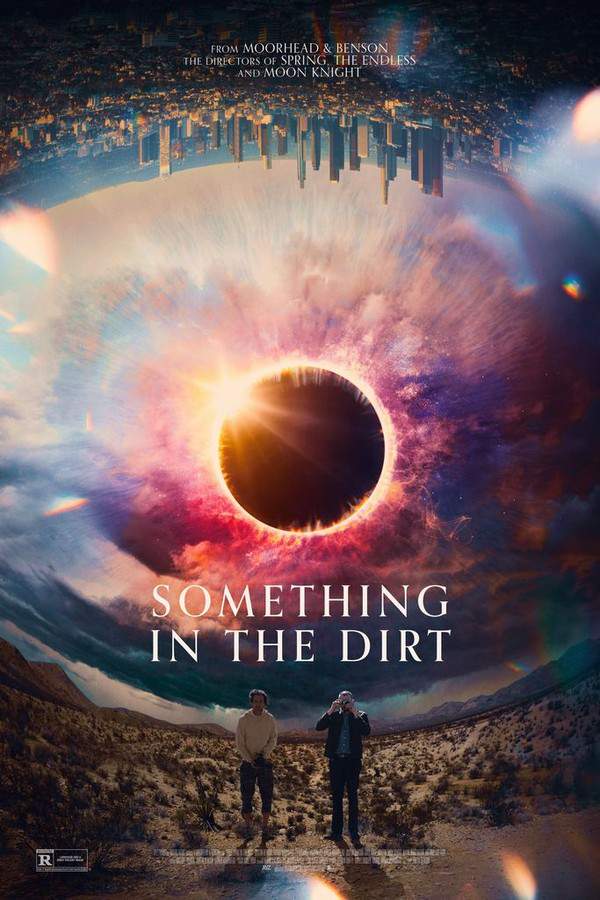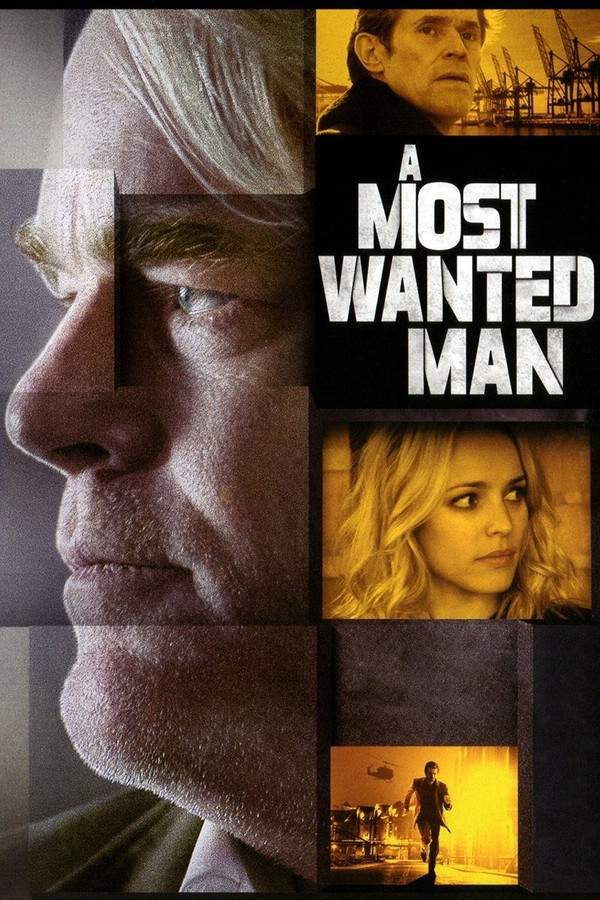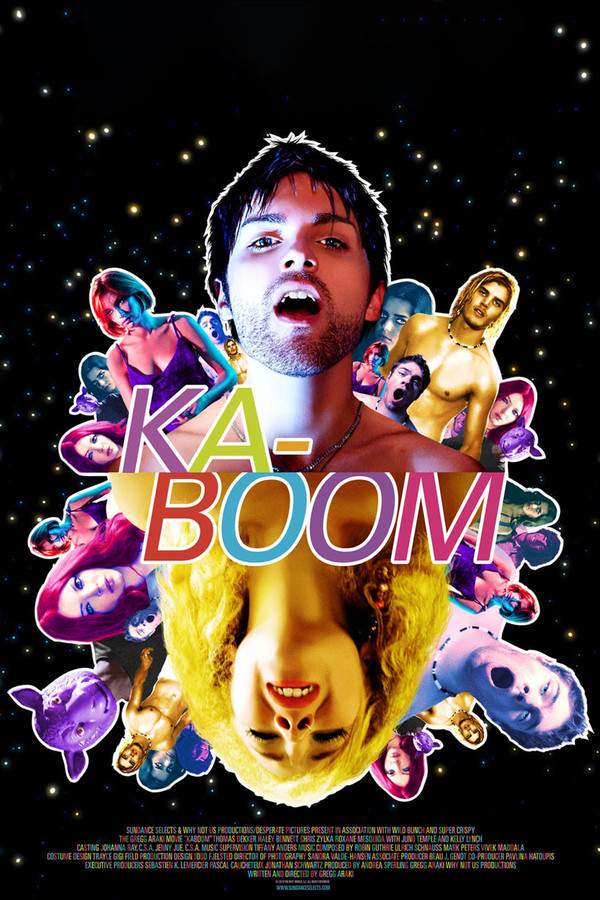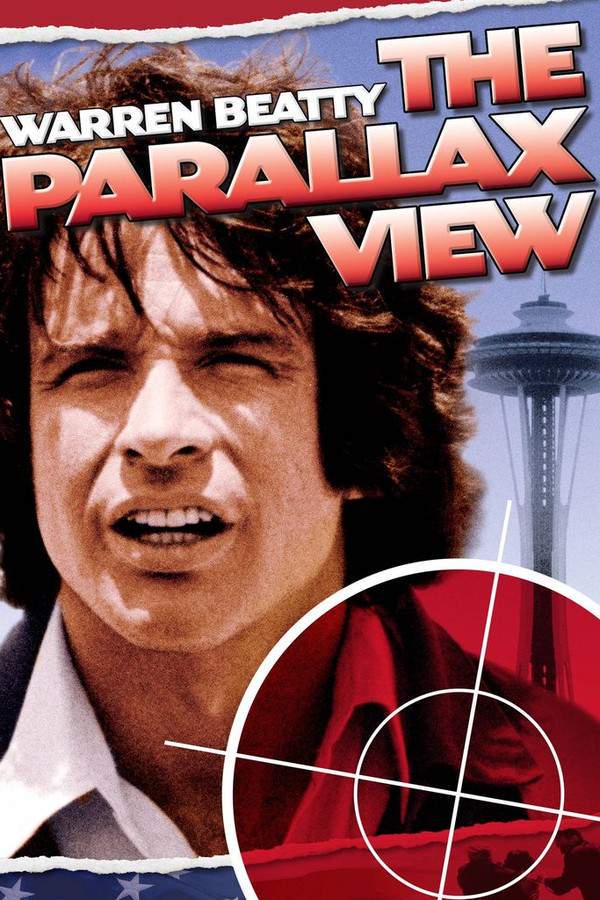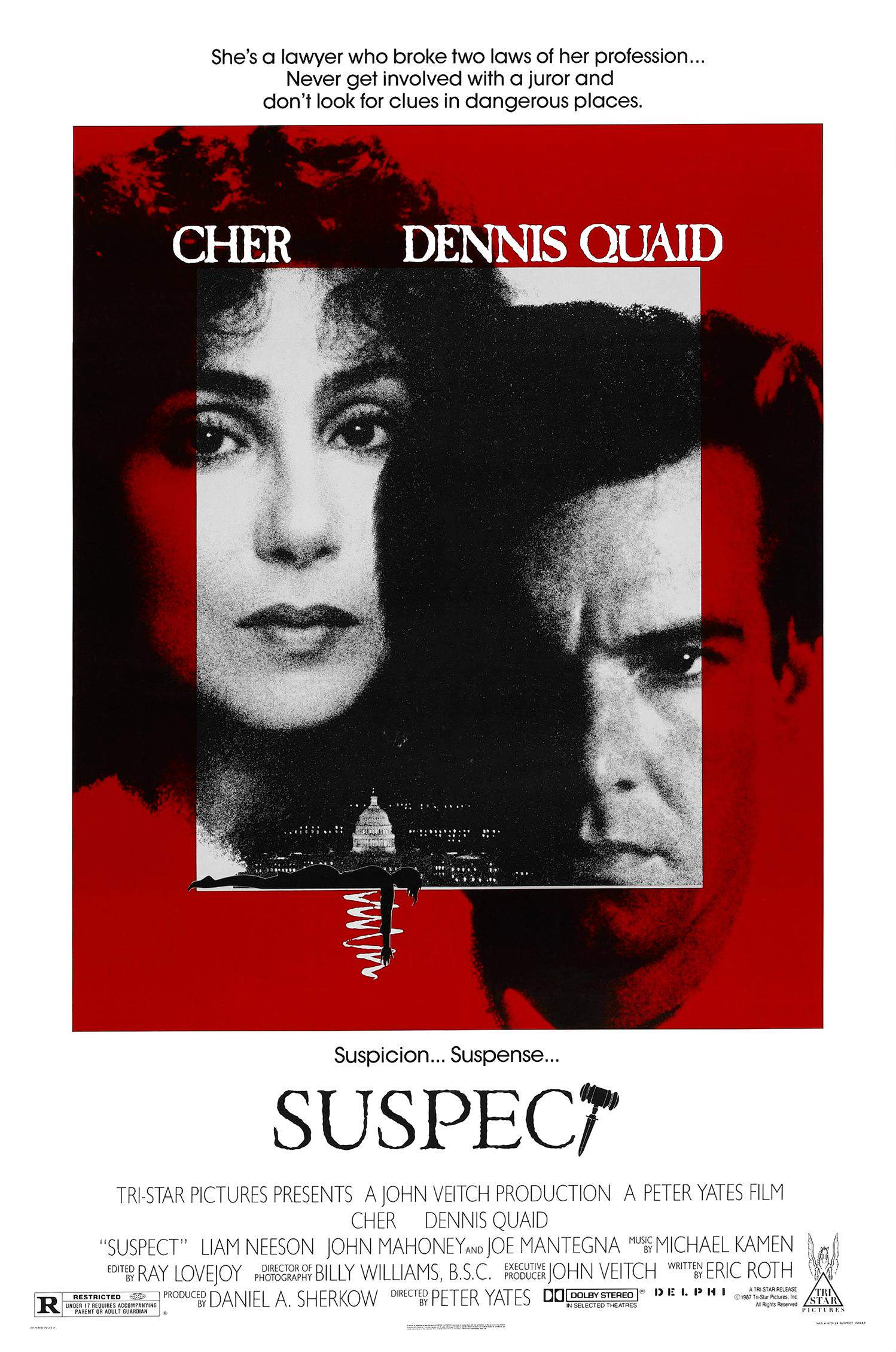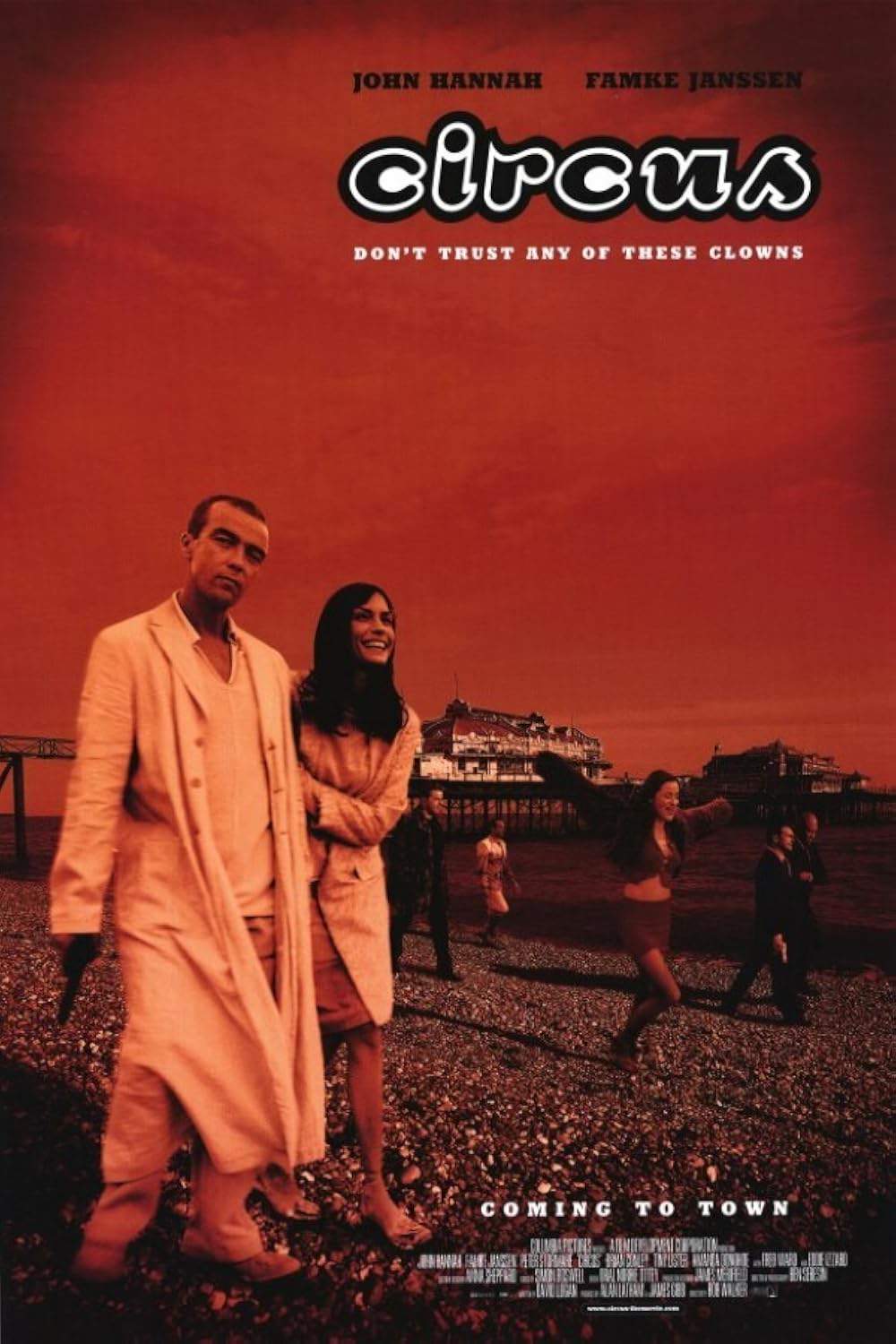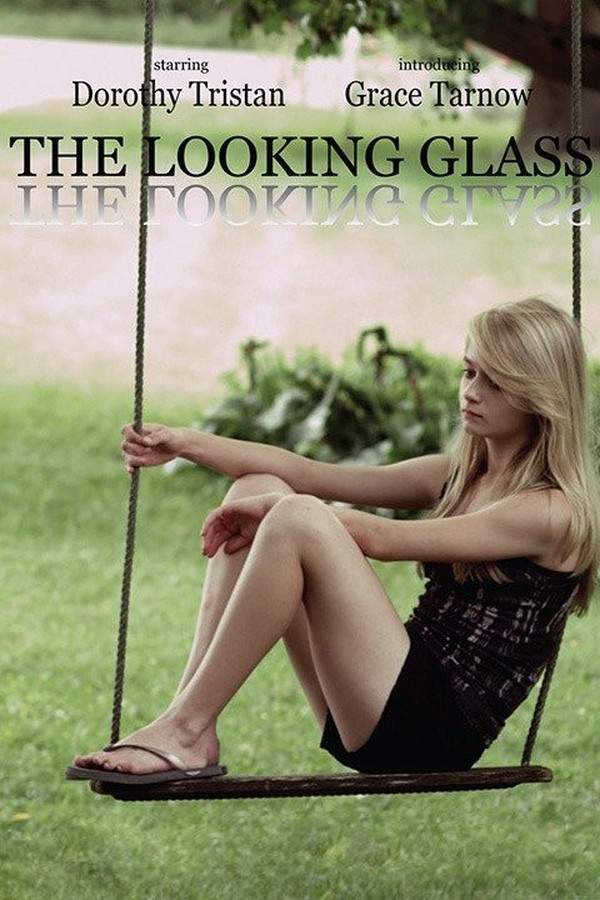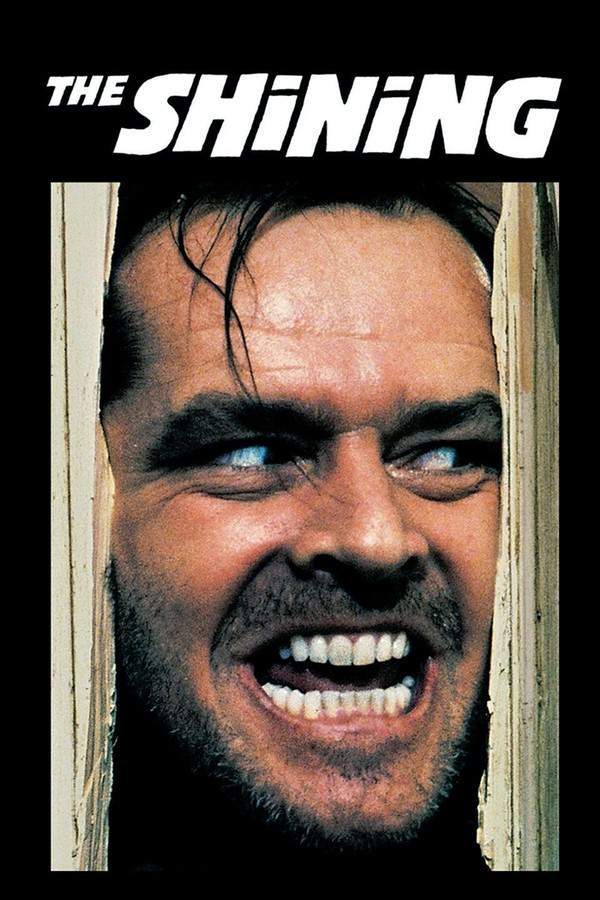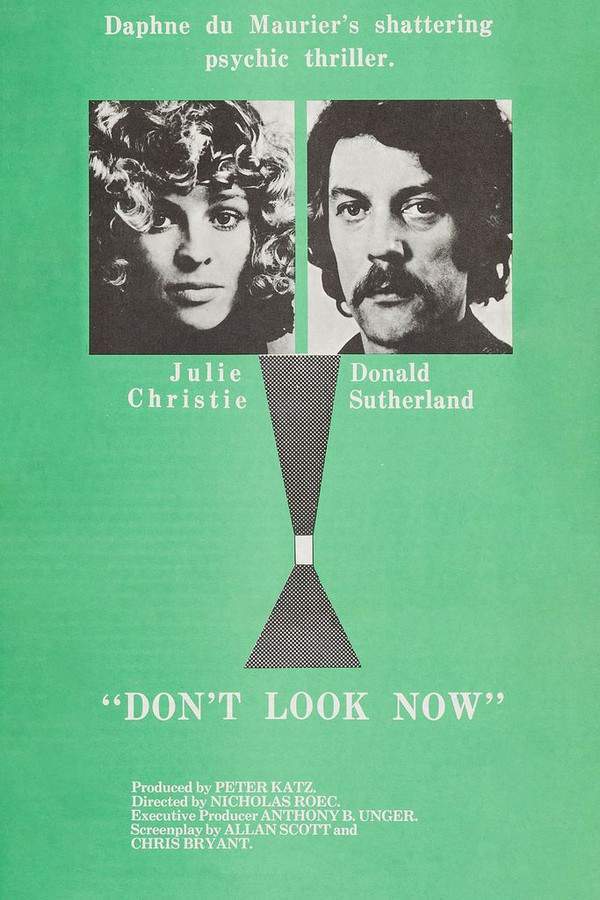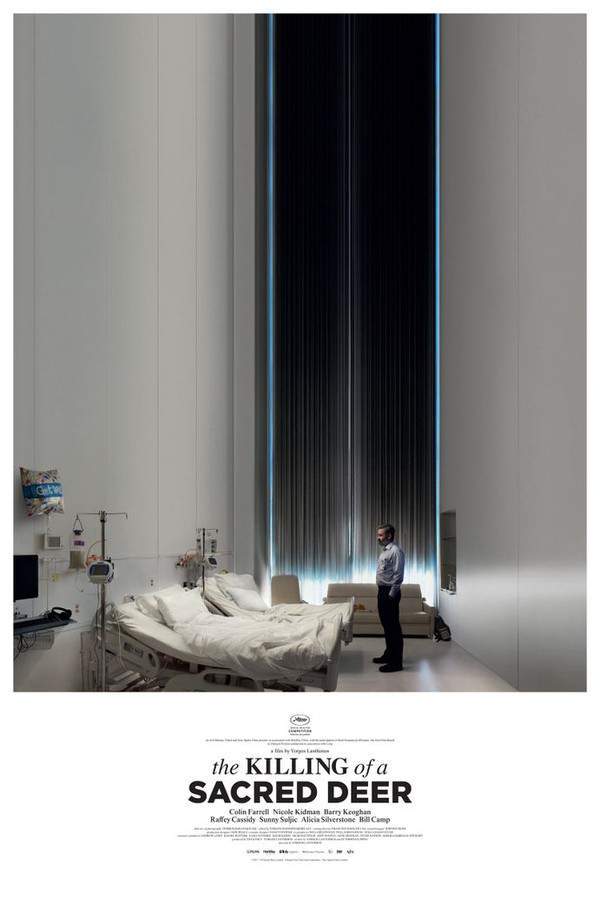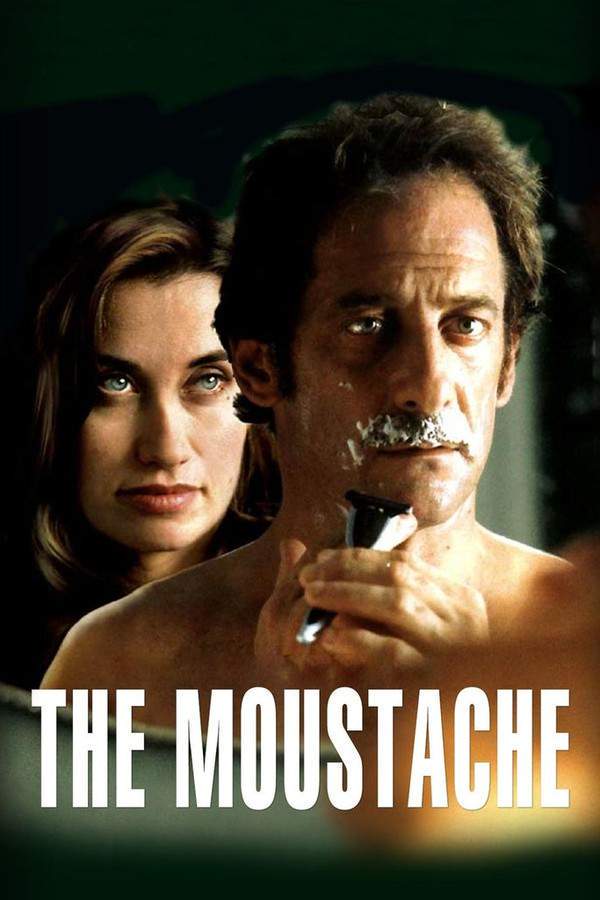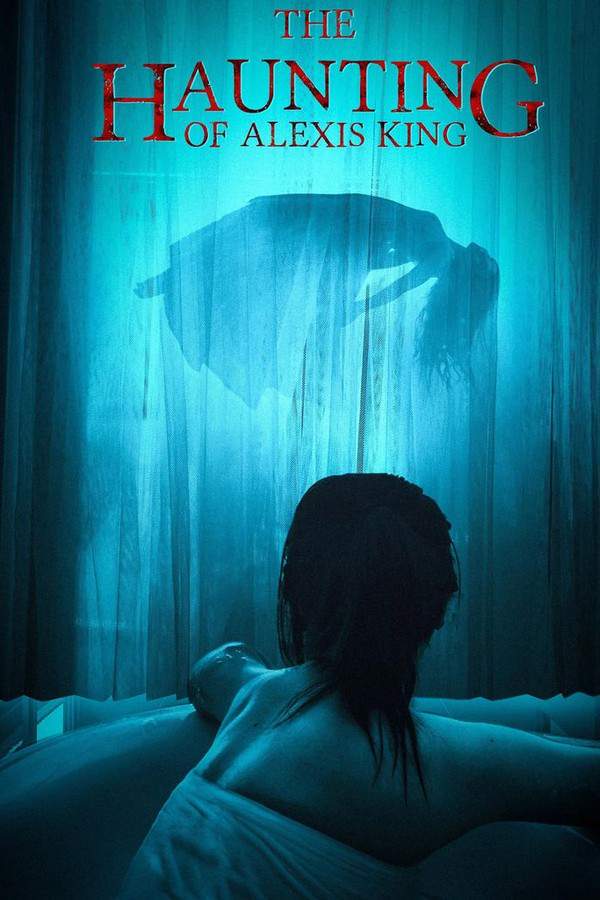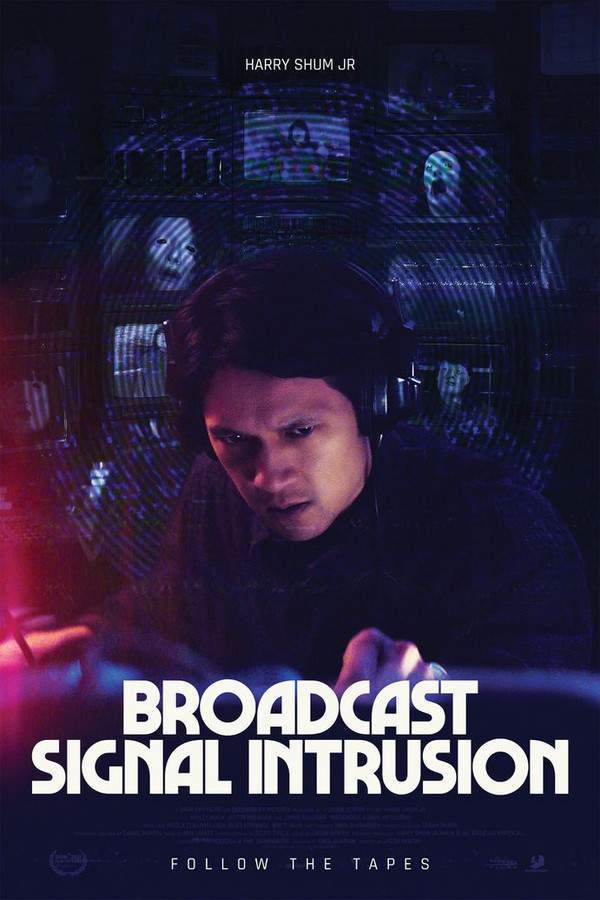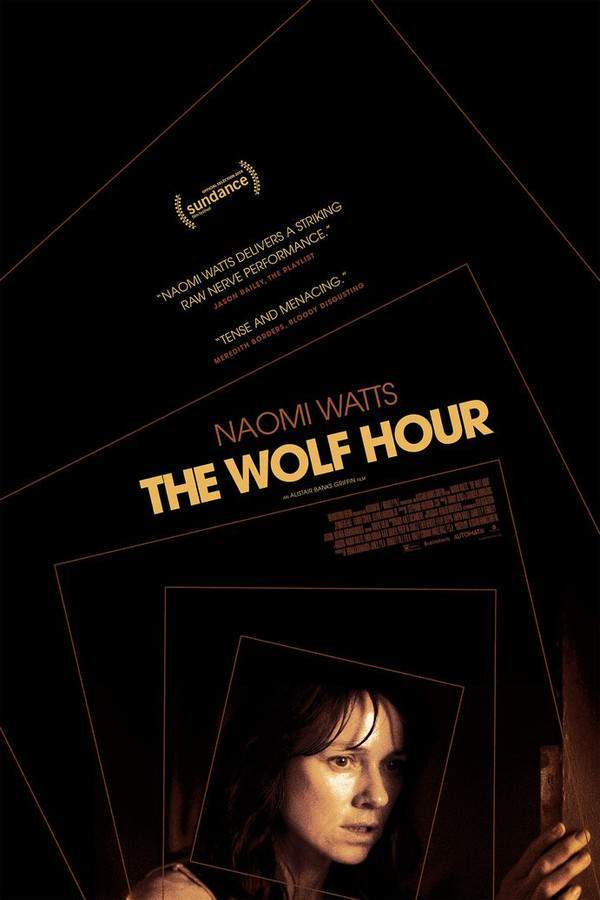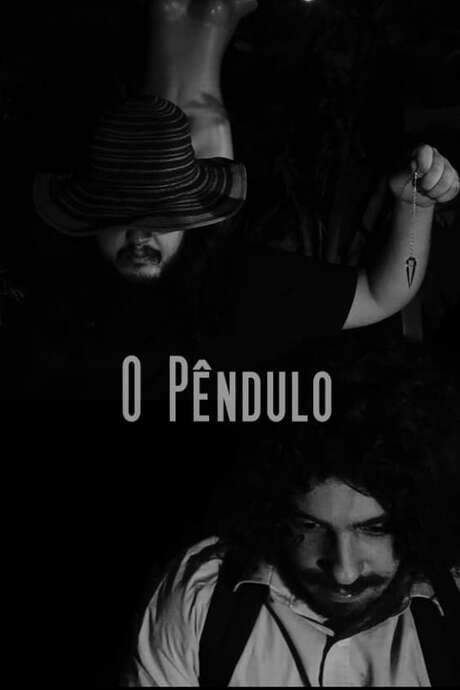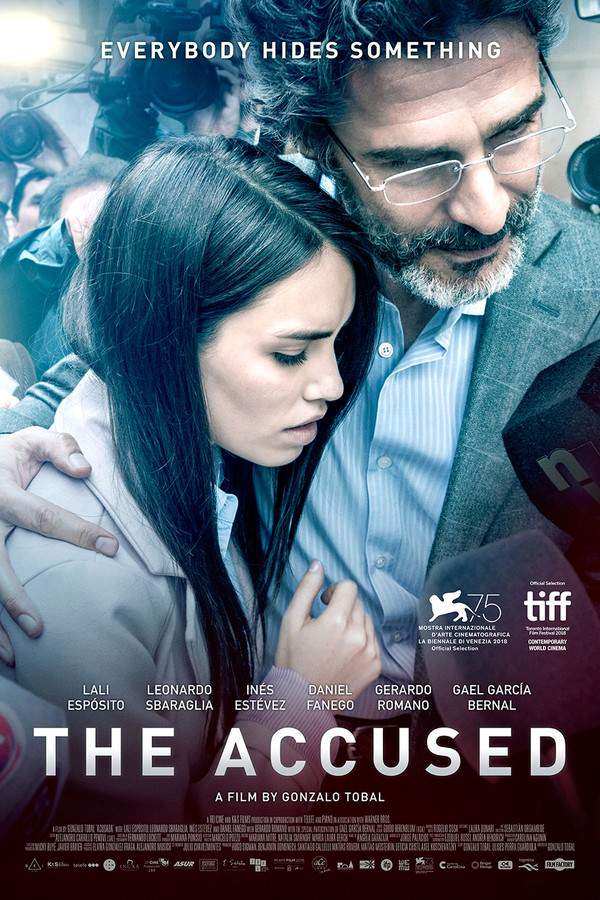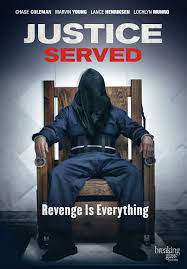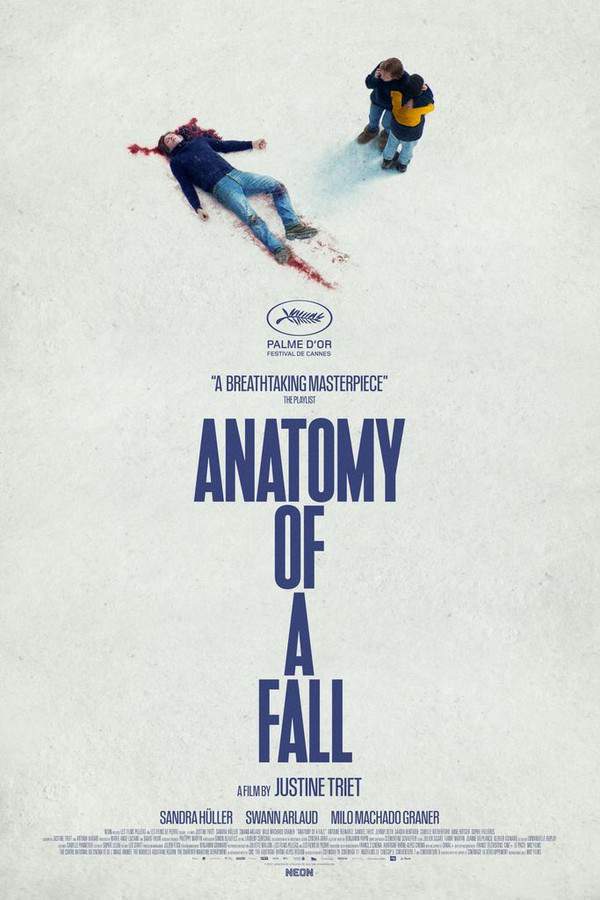
The Trial
Year: 1962
Runtime: 119 mins
Language: English
A surreal, absurdist drama that follows an ordinary man suddenly charged with an undefined offense. As the mysterious accusation looms, he meanders through a series of bizarre, nightmarish encounters, each more bewildering than the last, in a desperate attempt to break free from the incomprehensible legal nightmare that engulfs him.
Warning: spoilers below!
Haven’t seen The Trial yet? This summary contains major spoilers. Bookmark the page, watch the movie, and come back for the full breakdown. If you're ready, scroll on and relive the story!
Timeline & Setting – The Trial (1962)
Explore the full timeline and setting of The Trial (1962). Follow every major event in chronological order and see how the environment shapes the story, characters, and dramatic tension.
Last Updated: October 04, 2025 at 15:42
Main Characters – The Trial (1962)
Meet the key characters of The Trial (1962), with detailed profiles, motivations, and roles in the plot. Understand their emotional journeys and what they reveal about the film’s deeper themes.
Last Updated: October 04, 2025 at 15:42
Major Themes – The Trial (1962)
Explore the central themes of The Trial (1962), from psychological, social, and emotional dimensions to philosophical messages. Understand what the film is really saying beneath the surface.
Last Updated: October 04, 2025 at 15:42
Explore Movie Threads
Discover curated groups of movies connected by mood, themes, and story style. Browse collections built around emotion, atmosphere, and narrative focus to easily find films that match what you feel like watching right now.
Kafkaesque bureaucratic nightmares like in The Trial
Stories where individuals are crushed by absurd and incomprehensible systems.If you liked the surreal and oppressive legal system in The Trial, explore more movies about characters ensnared by absurd bureaucracies. These films capture a similar feeling of paranoid futility and existential dread, perfect for fans of Kafkaesque storytelling and psychological oppression.
Narrative Summary
The narrative typically follows a protagonist who is suddenly accused or targeted by a vast, impersonal system. Their journey is not one of triumph but of gradual psychological erosion, as they navigate a maze of nonsensical rules and enigmatic figures, leading to an often bleak realization of their own insignificance.
Why These Movies?
Movies are grouped here for their shared focus on the theme of the individual versus an absurd, overwhelming system. They create a cohesive vibe through surrealism, oppressive tension, and a deep exploration of existential themes like guilt and identity loss.
Slow burn psychological dread similar to The Trial
Films where tension builds relentlessly, creating a suffocating atmosphere of anxiety.For fans of the anxious, slow-building tension in The Trial, this collection features movies with a similar pacing and oppressive mood. Discover more complex dramas and thrillers that use a slow burn to create profound psychological dread and a deep sense of unease.
Narrative Summary
Stories in this thread unfold gradually, often following a character's descent into paranoia or despair. The plot may meander, prioritizing mood and psychological state over traditional narrative beats. The conflict is frequently internal or against an ambiguous threat, leading to an emotionally heavy and unresolved conclusion.
Why These Movies?
These films are united by their shared approach to pacing and mood. The slow, deliberate rhythm amplifies the intensity of the psychological experience, creating a coherent vibe of anxiety, dread, and claustrophobia that is central to their appeal.
Unlock the Full Story of The Trial
Don't stop at just watching — explore The Trial in full detail. From the complete plot summary and scene-by-scene timeline to character breakdowns, thematic analysis, and a deep dive into the ending — every page helps you truly understand what The Trial is all about. Plus, discover what's next after the movie.
The Trial Summary
Read a complete plot summary of The Trial, including all key story points, character arcs, and turning points. This in-depth recap is ideal for understanding the narrative structure or reviewing what happened in the movie.

The Trial Timeline
Track the full timeline of The Trial with every major event arranged chronologically. Perfect for decoding non-linear storytelling, flashbacks, or parallel narratives with a clear scene-by-scene breakdown.

The Trial Spoiler-Free Summary
Get a quick, spoiler-free overview of The Trial that covers the main plot points and key details without revealing any major twists or spoilers. Perfect for those who want to know what to expect before diving in.

More About The Trial
Visit What's After the Movie to explore more about The Trial: box office results, cast and crew info, production details, post-credit scenes, and external links — all in one place for movie fans and researchers.

Similar Movies to The Trial
Discover movies like The Trial that share similar genres, themes, and storytelling elements. Whether you’re drawn to the atmosphere, character arcs, or plot structure, these curated recommendations will help you explore more films you’ll love.
Explore More About Movie The Trial
The Trial (1962) Plot Summary & Movie Recap
The Trial (1962) Scene-by-Scene Movie Timeline
The Trial (1962) Spoiler-Free Summary & Key Flow
Movies Like The Trial – Similar Titles You’ll Enjoy
The Accused (1) Film Overview & Timeline
Suspect (1987) Movie Recap & Themes
Justice Served (2017) Detailed Story Recap
Anatomy of a Fall (2023) Movie Recap & Themes
The Last Trial (2018) Plot Summary & Ending Explained
The Accused (2018) Movie Recap & Themes
The Trial Begins (2007) Plot Summary & Ending Explained
The Verdict (1946) Full Movie Breakdown
The Judge (1949) Full Movie Breakdown
The Missing Juror (1944) Ending Explained & Film Insights
On Trial (1954) Spoiler-Packed Plot Recap
The Trial (1993) Plot Summary & Ending Explained
Trial and Error (1962) Full Summary & Key Details
Town on Trial (1957) Movie Recap & Themes
Trial by Jury (1994) Detailed Story Recap

